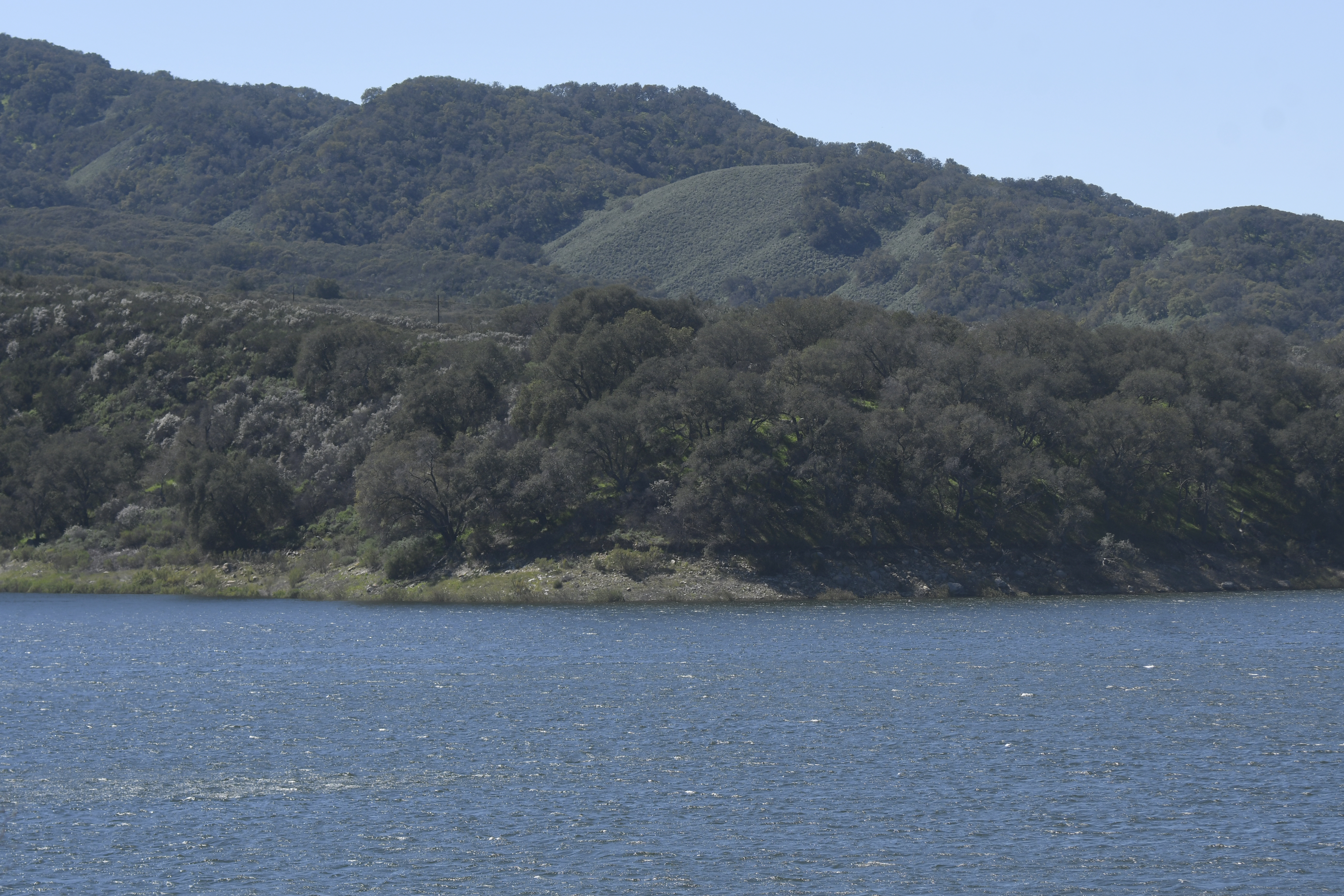Trump Opens Up 122,000 Acres of County Land to Oil and Gas Leases
Public Lands Near Jalama Beach, Lake Cachuma, and Cate School Under Threat of Drilling, Fracking

On Halloween, the Trump administration confirmed it would open another million acres of public land for oil and gas leases — 122,000 acres of them in Santa Barbara County — including Bureau of Land Management properties near Jalama Beach, Lake Cachuma, and Cate School. Carpinteria’s City Council voted to oppose the plan on October 28, as did the county two weeks before. The lease sales were opposed in 2016 by California groups Los Padres ForestWatch and the Center for Biological Diversity, which gained a court order for the BLM to conduct a study; it determined no environmental impacts would result from fracking.
Some of the leases would go for as little as $2 an acre, said ForestWatch’s Rebecca August. “Every step of the way, the Trump administration declined to do its job to put public health and the safety of the environment before corporate interests,” she said. “It’s sad to see such disregard for the future of our public lands and the communities that depend on them.”
A technicality in the BLM plan precludes any appeals, according to ForestWatch. Food & Water Action, another environmental group opposed to the oil leases, called on Governor Gavin Newsom to order a halt to all new drilling in the state. “At a time when the climate crisis demands that California move away from fossil fuels to clean, renewable energy, it is the epitome of irresponsibility to expand fracking and drilling in our state,” said Food & Water Action’s Ana Rosa Rizo-Centino. “While Trump and the BLM may be content to fiddle while Rome burns, the people of California are prepared to fight to protect our families and our communities from reckless, dangerous drilling.” Earlier in October, Newsom had signed Assembly Bill 342, which prohibits new oil or gas facilities on state property that would serve federal oil leases.
The uphill battle in curbing fossil fuel use and their effect on the planet was juxtaposed in two stories in the national press this week. In one on Tuesday at the Washington Post, more than 11,000 climate scientists from around the world declared a “climate emergency” that brooked no delays; they advised, among other things, that fossil fuels remain in the ground. The day before, the New York Times reported new production of crude from Brazil, Canada, Norway, and Guyana was expected to add a million barrels a day to worldwide production and drop the price of oil per barrel. In its analysis, the Times noted, “[T]here is growing acknowledgment by governments and energy investors that not all the hydrocarbons in the ground can be tapped if climate change is to be controlled.”



